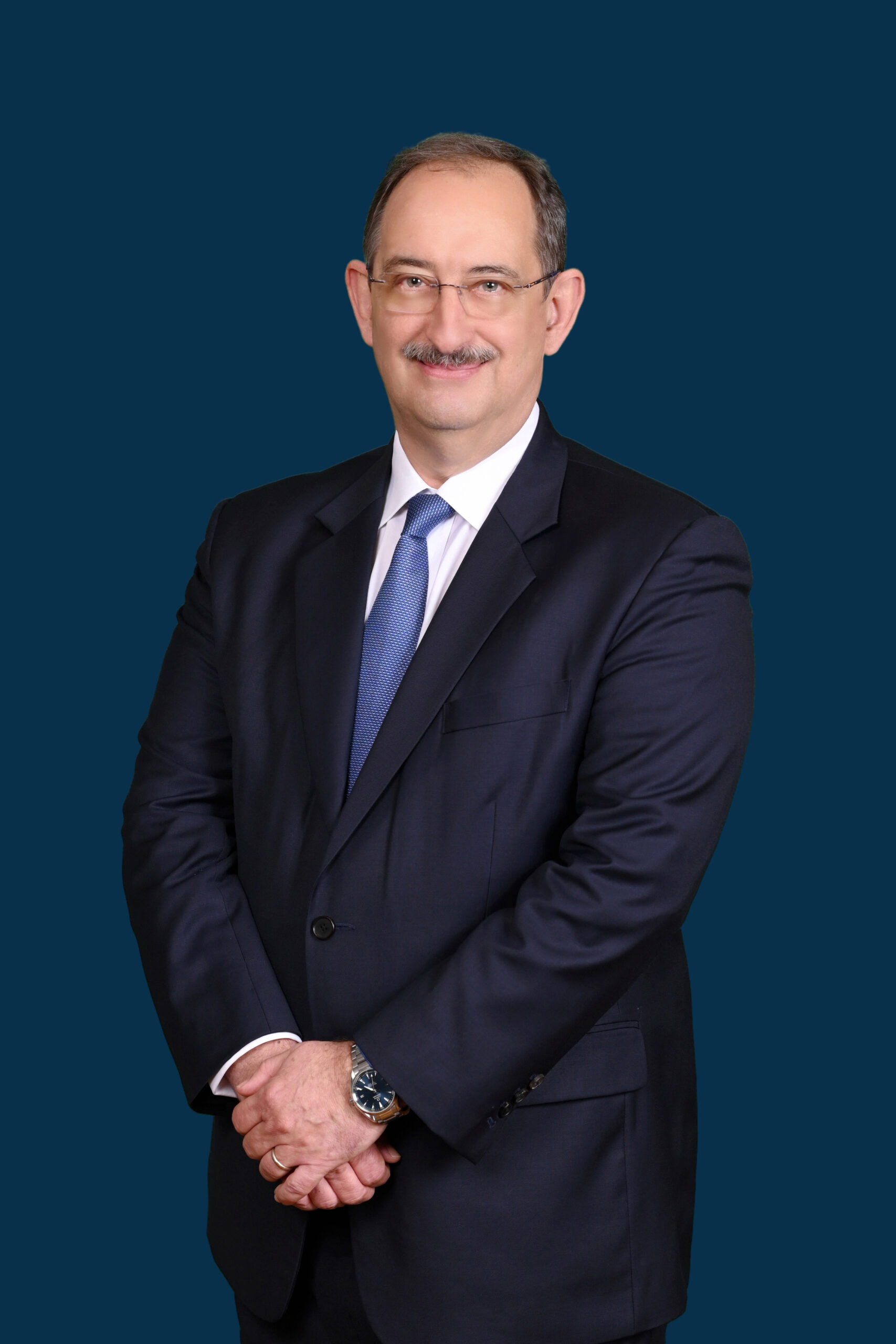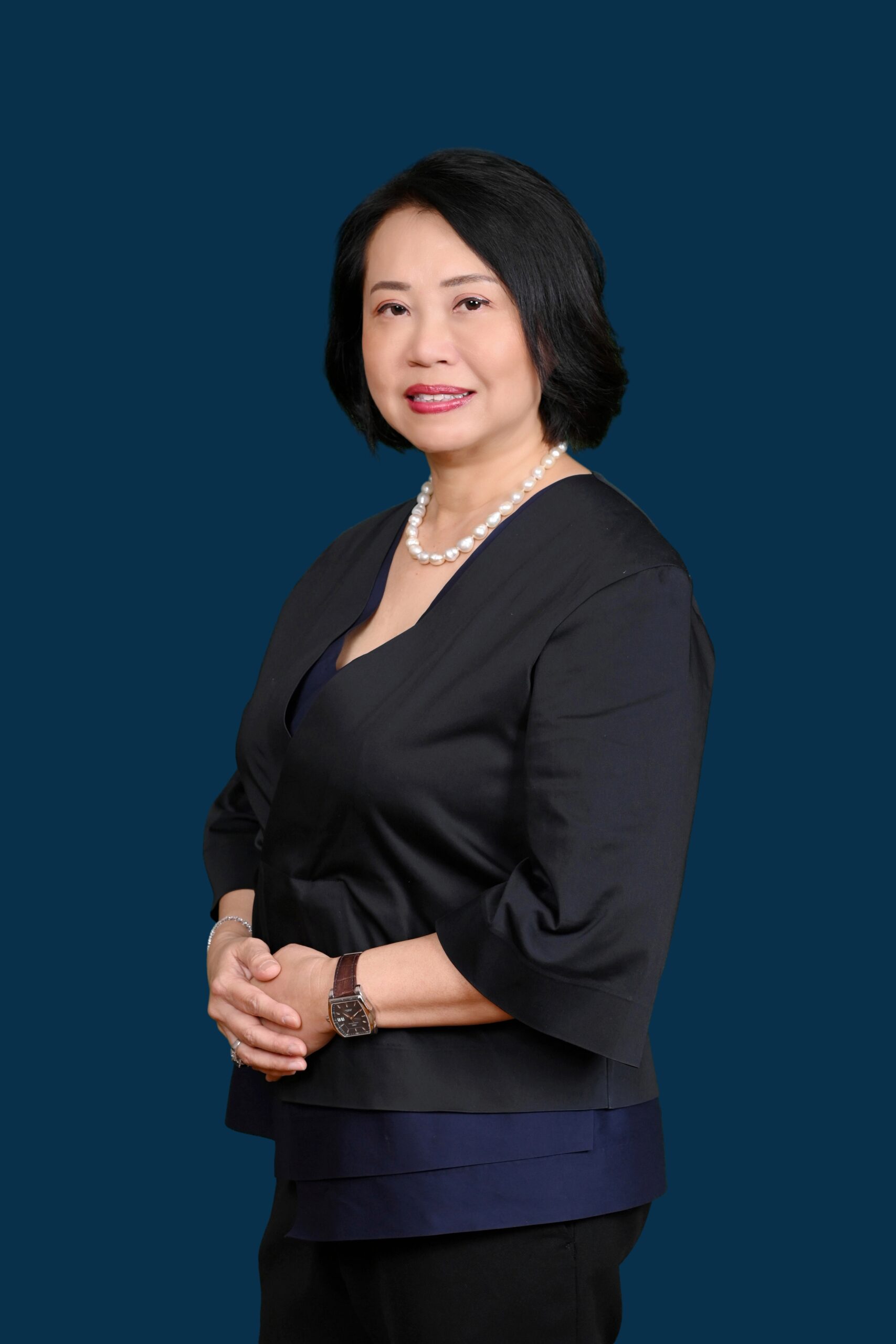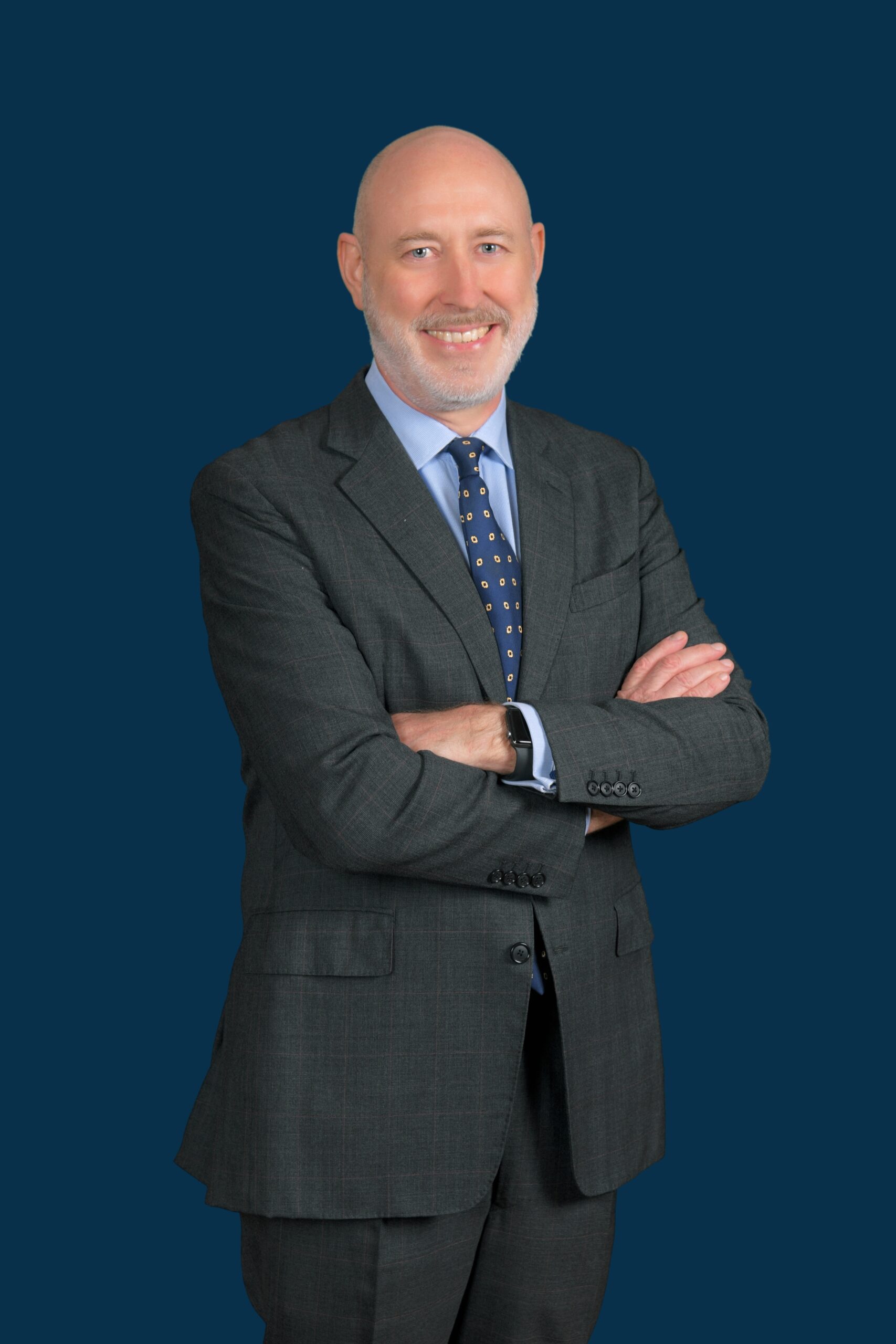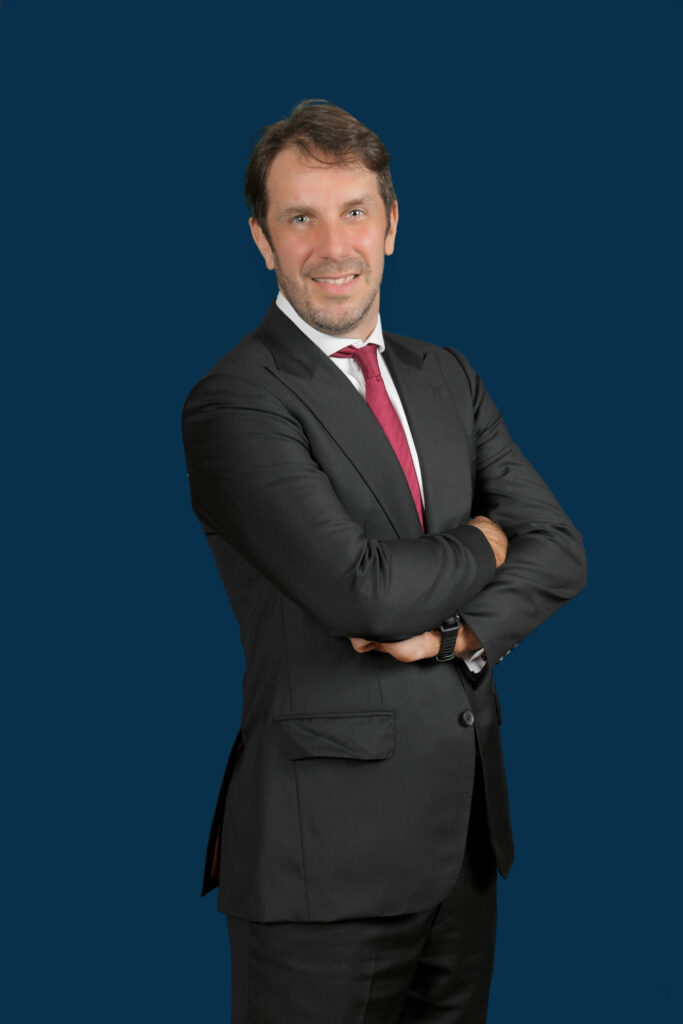The focus of the panel discussion centered on the talent strategy outlined in the International Maritime Centre (IMC) 2030 Strategic Review1 report presented to the Singapore Government recently. Senior representatives from the maritime industry and Institutes of Higher Learning shared their insights on the necessity and ways to develop a multi-skilled maritime workforce with a global mindset, as recommended by the IMC 2030 Advisory Committee convened by the Maritime and Port Authority of Singapore (MPA).
“Our discussion centred round the necessity for a multi-skilled workforce with a global mindset in shipping since it is global by nature. Talent is essential to sustain the vibrancy of Maritime Singapore and to help encourage improvements with fresh perspectives as the industry undergoes transformation. It was a very engaging and interesting sharing of views, and I believe the audience had a better understanding of how we could present the juicy challenges that the maritime industry has to offer, to attract a generation that relishes the opportunity to make a difference through their work,” said Mr Haider Nawaz, panel moderator, and Managing Director of Red Dot Shipping Pte Ltd.
Mr Punit Oza, General Manager, Vice President and Head of Supramax Pacific of Klaveness Asia Pte Ltd kicked off the discussion by sharing what it means to have a global mindset and its importance to maritime employers, with shipping as an industry being global by nature. The ability to understand global dynamics and look beyond the local market, must be second nature to everyone working in shipping. Essentially, he explained that there is a need for a global mindset, global thinking and global actions. Mr Ooi Boon Hoe, Chief Executive Officer of Jurong Port Pte Ltd shared that the shipping and maritime industry is global and exposure is necessary to cultivate a global mindset. Employers and educators should provide exposure to the future talent, as it would be advantageous for them. He went on to say that looking back and understanding the past is as important as looking ahead to the future, to avoid having to relearn lessons.
Learnable competencies were touched upon by Ms Crystal Lim, Director of the Centre for Future-ready Graduates, National University of Singapore (NUS) who elaborated on the three main qualities to succeed in an ambiguous world: curiosity, empathy and sensing capability, which include different forms of awareness to do with the self, other people and the environment.
Similar to the other panelists, Captain Mohd Salleh, Director of Singapore Maritime Academy, Singapore Polytechnic (SP), also agreed that shipping is a global industry. He elaborated that the programme at Singapore Maritime Academy preps the students with a global mindset by giving them the opportunity to go out to sea and go on various exchange programmes, giving them the exposure as well as opportunity to work with people of different cultures and diverse backgrounds. He capped off the subject with a saying often passed down to new recruits, “It is difficult to change the rest of the crew members around you, but it is easy to change yourself.”
*For the full profiles of the panel speakers, please refer to Annex A for more information.
Mr Andreas Sohmen-Pao, Chairman of the Singapore Maritime Foundation (SMF) and International Maritime Centre (IMC) 2030 Advisory Committee, said, “A skilled workforce is critical for sustaining Singapore’s competitiveness as an International Maritime Centre. With this in mind, SMF set up the Maritime Singapore Connect (MSC) Office to support companies with their talent attraction efforts. MSC Office has worked in partnership with maritime companies, government agencies and educational institutions to help students and jobseekers understand the multiple pathways into a maritime career.”
“As an example, the MSC Maritime Careers Workshop provides a platform for graduates to hear from leading maritime companies about their business and career opportunities, and response has been excellent so far. We are also working with the National University of Singapore, Jurong Port and PSA Corporation on the pilot run of the NUS Co-Operative Education programme to target talent in emerging areas of demand such as Business Analytics, Information Security and Data Science & Analytics,” he added.
Participants at the MSC Connexions Forum also had the chance to hear about the Skills Framework for Sea Transport2 launched this year which provides information on employment, career pathways, occupations, 48 job roles, skills and competencies and training programmes. This is a resource for careers in the sea transport sector developed with individuals, employers and training service providers in mind.





